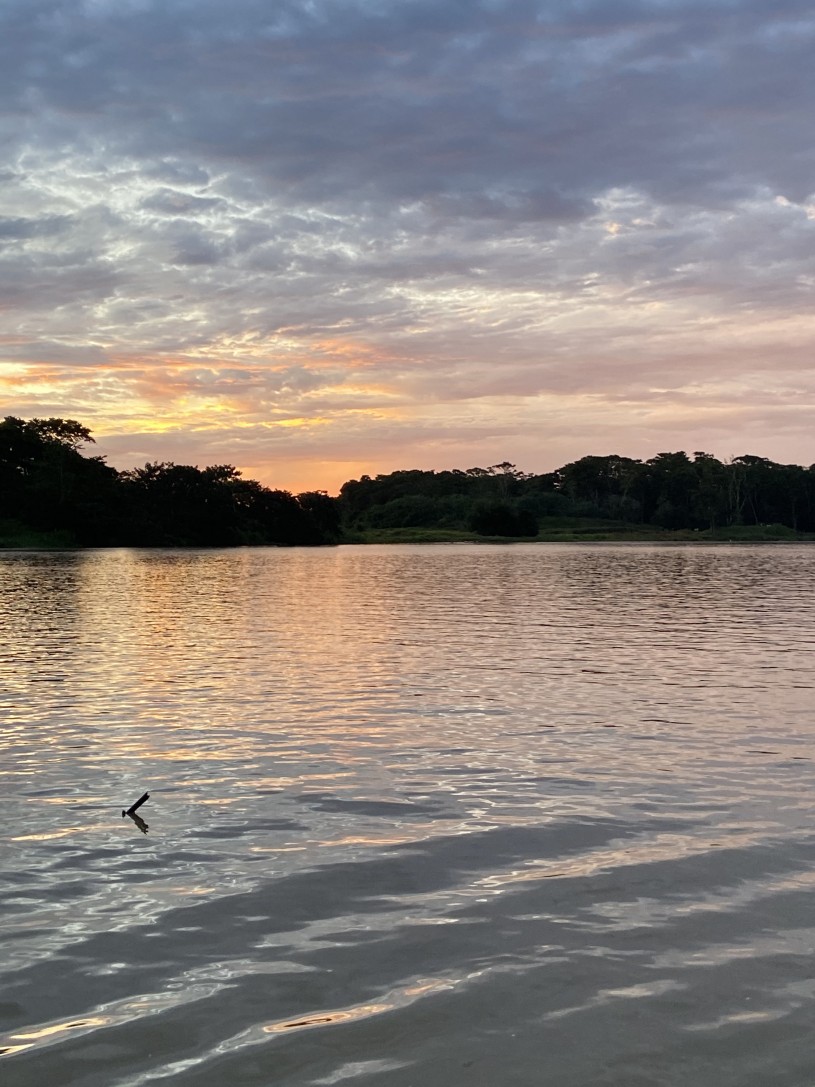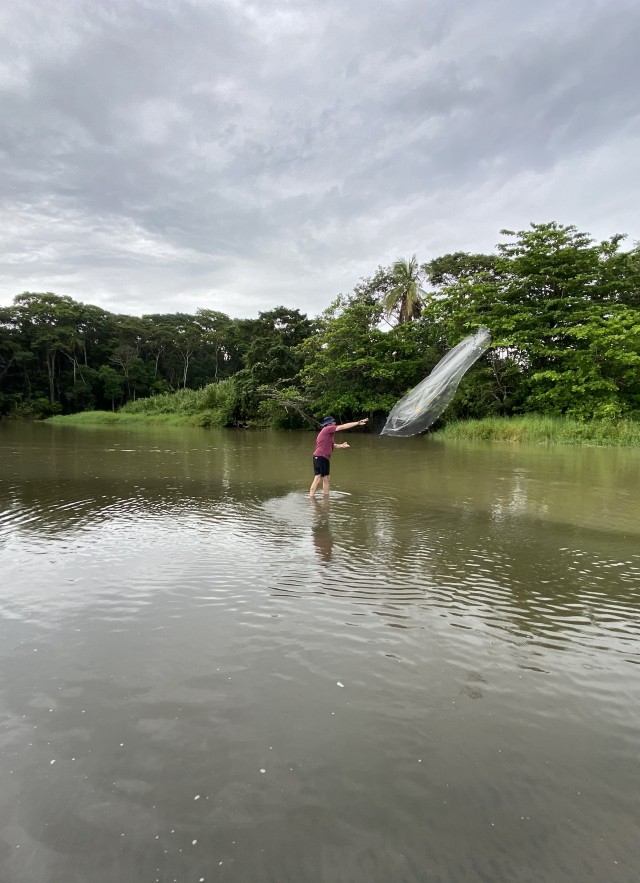
The rain started as soon as the plane touched down in Costa Rica. For Assistant Curator of Ichthyology Dr. Bill Ludt and his colleagues, the extra water would complicate their November expedition. "There’s a difference when you are wading into water with a net and it’s just your legs getting wet versus just getting completely soaked as you're collecting." But Dr. Ludt and his team were ready to get soaked for science.
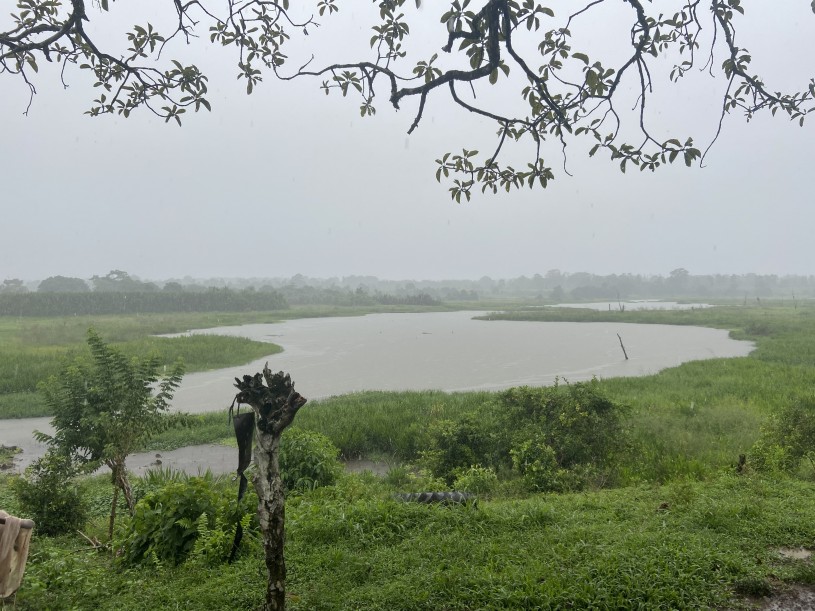
"We drove from San Jose to Guapiles the very first day, and then sampled in the Parque Nacional Tortuguero, which is in the north east part of the country." From there, the two-week expedition covered Costa Rica’s entire Caribbean coast, collecting fresh water and coastal marine fishes. The team, comprised of collaborators from the Field Museum and the University of Costa Rica, was looking at species distributions and connectivity as part of ongoing research projects, but also generally collecting everything they could. "There weren’t any rest days, just pushing forward everyday collecting at a couple of sites and then staying in a new place every night." The rain only cleared up a week into their journey, and even though the rain made brackish water (a mix of salt and fresh water) habitats too fresh, the team still collected a lot of high-quality specimens, including pipe fish, colorful cichlids and popular sport fishes like snook.
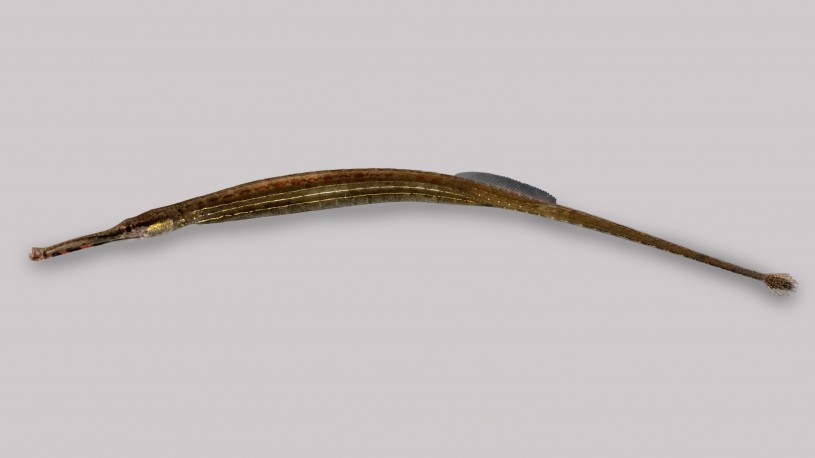
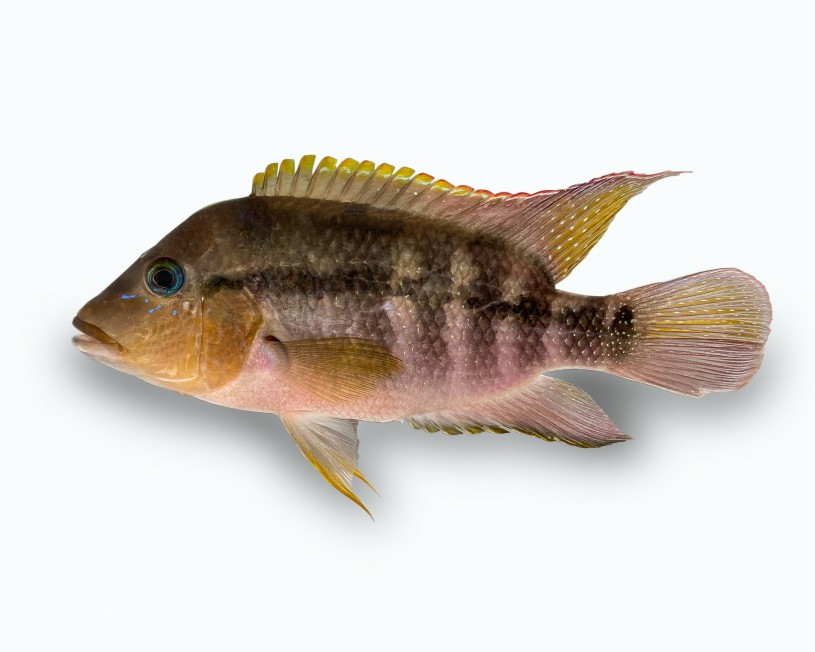
Collecting fish specimens is, unsurprisingly, like some kinds of fishing for sport: cast nets, dip nets, seines (a sort of fishing net weighted at the bottom and buoyant at the top that hangs in the water), but sometimes there’s also an electro shocker. "We were lucky enough to work with a colleague at a non-profit association called ANAI who had a backpack electro shocker, and this lets you stun the fish, it doesn’t actually kill them."
This non-lethal method allows for more discerning collection of specimens in the field. ANAI’s involvement underscores just how much collaboration goes into field collecting. The expedition was only possible because of connections that previous curator Dr. Lavenberg established with the University of Costa Rica decades earlier that Dr. Ludt continues to foster.
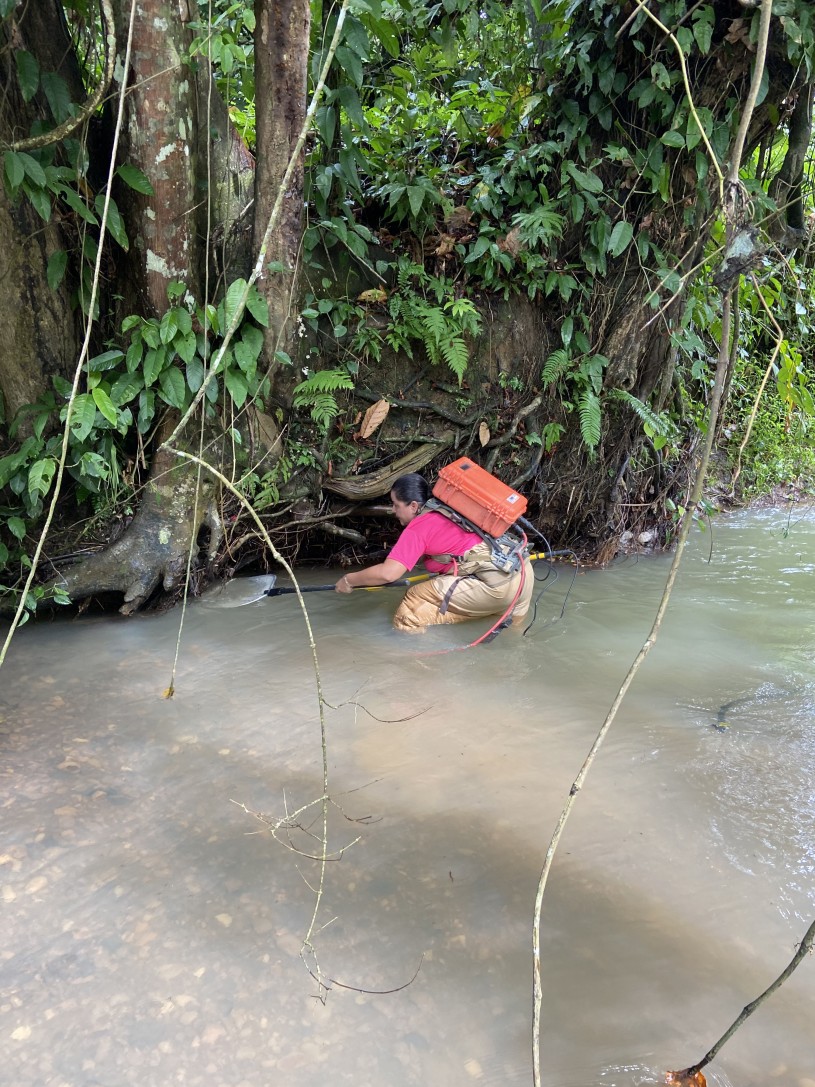
A pioneer in ecotourism, Costa Rica’s vast national parks offer researchers like Dr. Ludt a unique opportunity to study species’ diversity. "There are many protected areas that haven’t been impacted by development and so that means that you generally have a healthier ecosystem that can support more species." The fish collected on this expedition will provide essential genetic resources and specimens that will be studied by generations of scientists to come. Being a repository of natural history for future scientists means the collection will only become more important as the planet undergoes drastic change, making trips like Dr. Ludt's that much more essential. "Even though we didn’t have ideal conditions, you still push as hard as you can because you’re putting a lot of resources into getting these specimens that will last hundreds of years, and so you want to make sure you can get as high-quality of specimens as you can, and also get as high of a diversity as you can. That way, researchers around the world can use these specimens in perpetuity moving forward."
